Scientists hope that a new machine learning algorithm could one day be used to automate the discovery of new physical laws.


Scientists hope that a new machine learning algorithm could one day be used to automate the discovery of new physical laws.
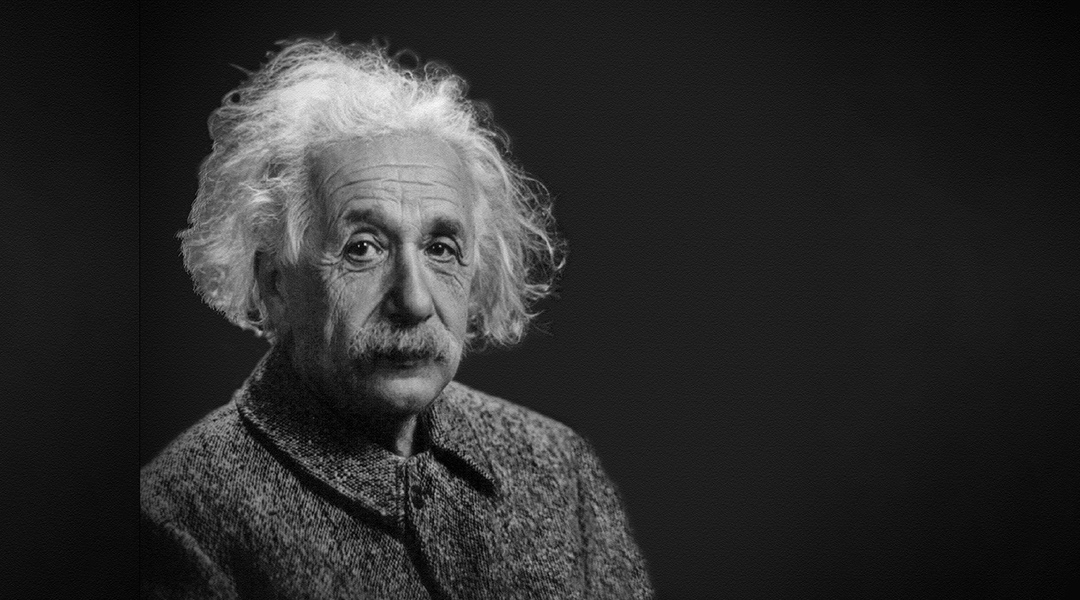
More than 100 years on after Einstein’s 1921 Nobel Prize, some confusion remains around the committee’s reasons for omitting relativity.
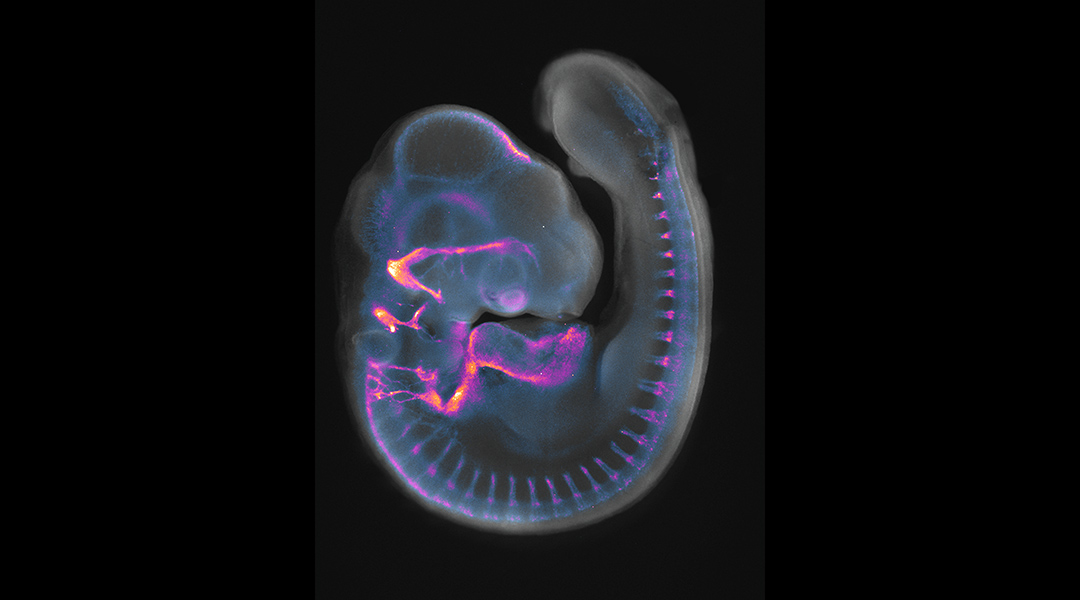
It turns out that a single factor is responsible for ear cell development, which could one day be used to treat disease and malformations.
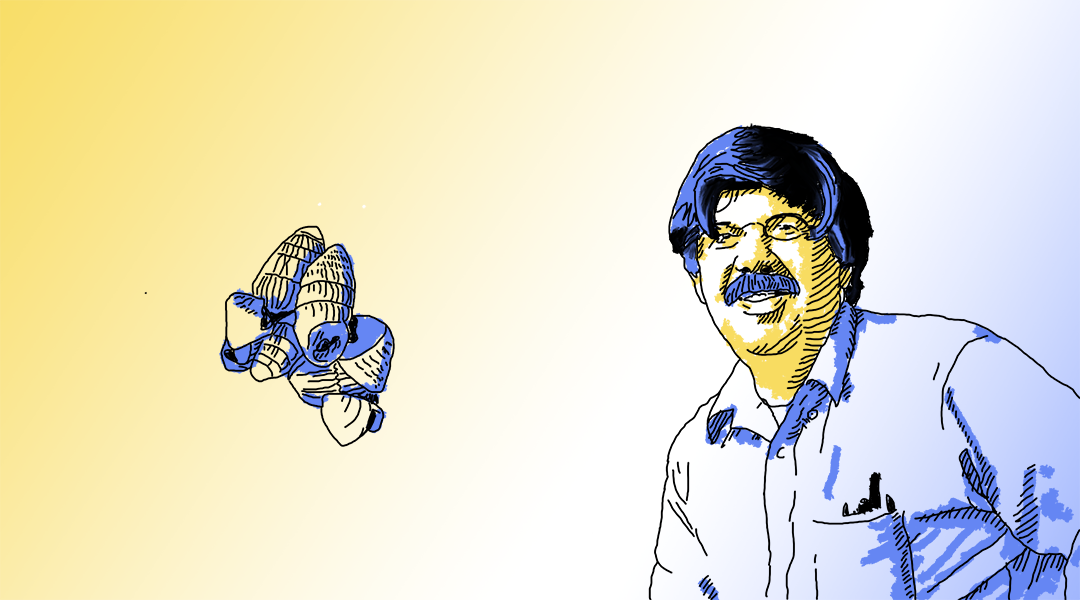
Paleontologist, historian, evolutionary biologist, writer; Stephen Jay Gould sparked a revolution in how scientists view evolution.

Credited as one of the first computer scientists, Ada Lovelace saw the potential of computers a century before any were ever built.
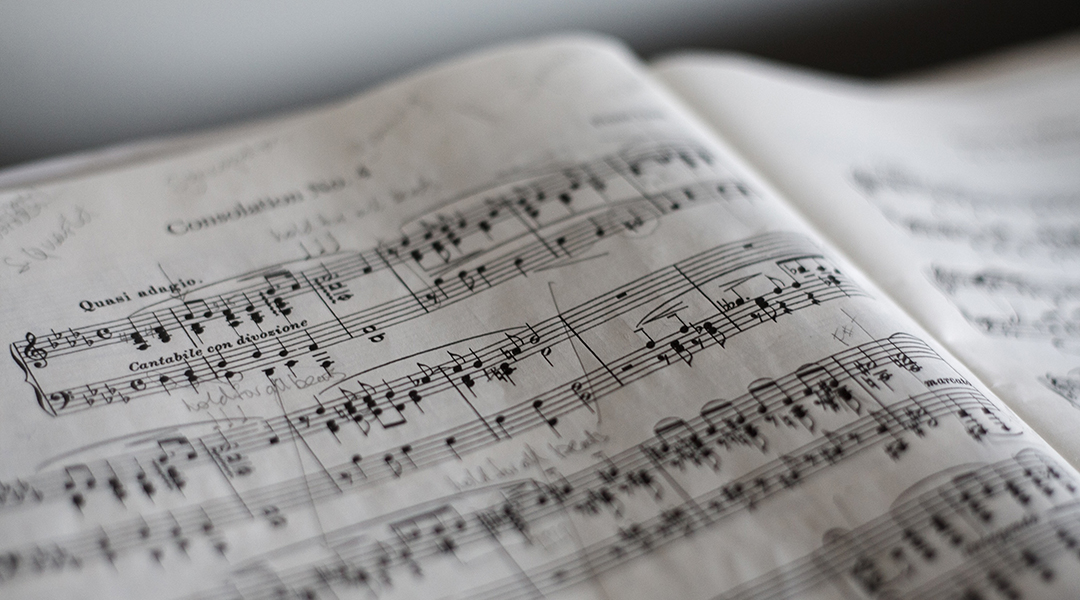
Is rhythm learnt or encoded in our genes? “Musical genes” could be the key.
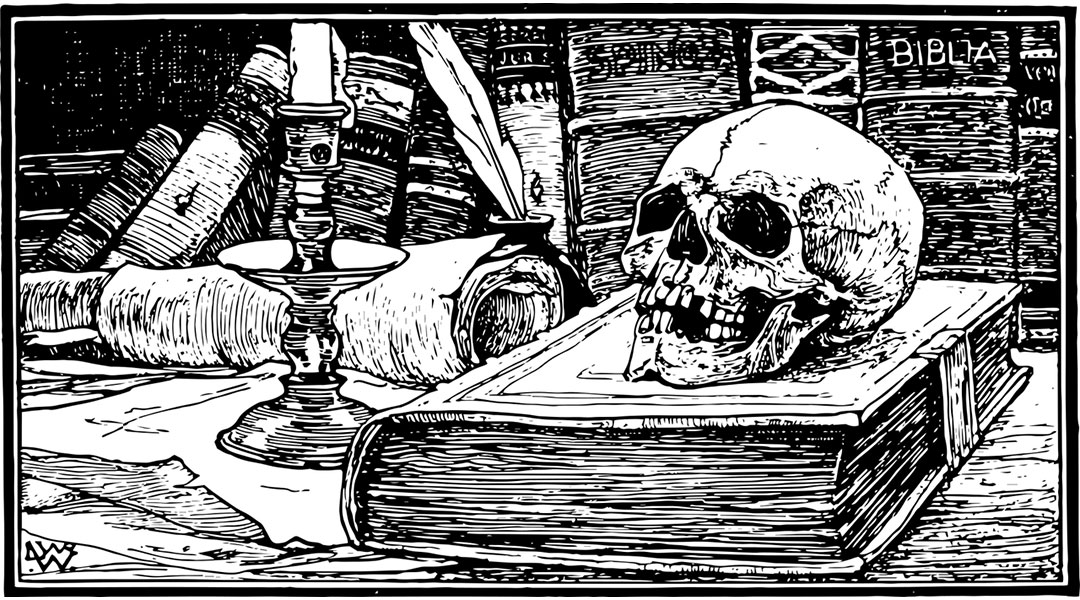
When researchers create narratives that invite communities into the storytelling, the outcome can be more responsive, relevant, and just.
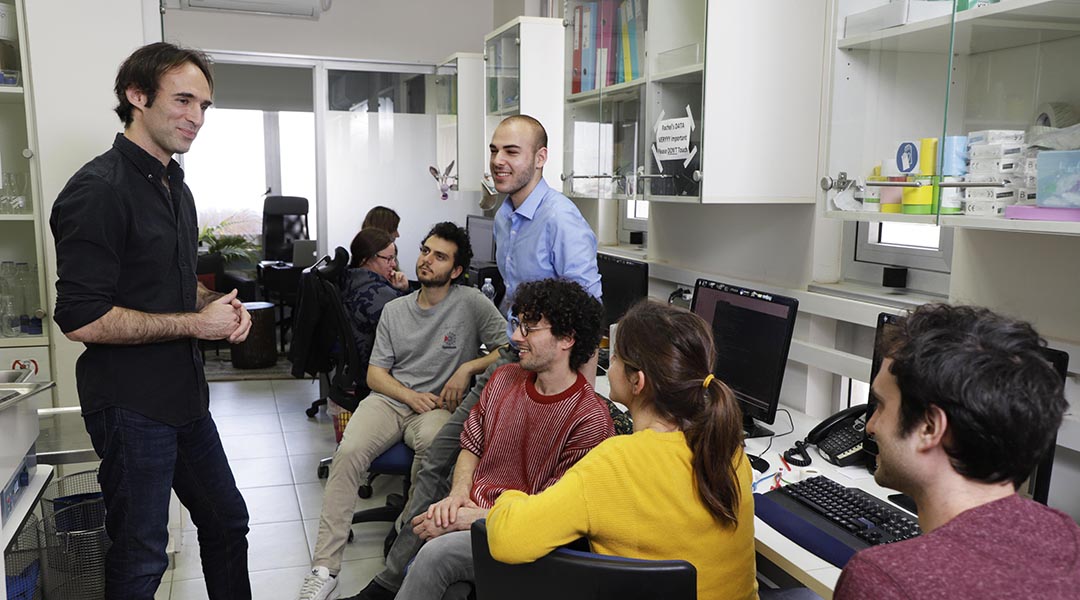
Neurobiologist Oded Rechavi investigates epigenetics, a curative use for brain parasites, and helped piece together the Dead Sea Scrolls using DNA.
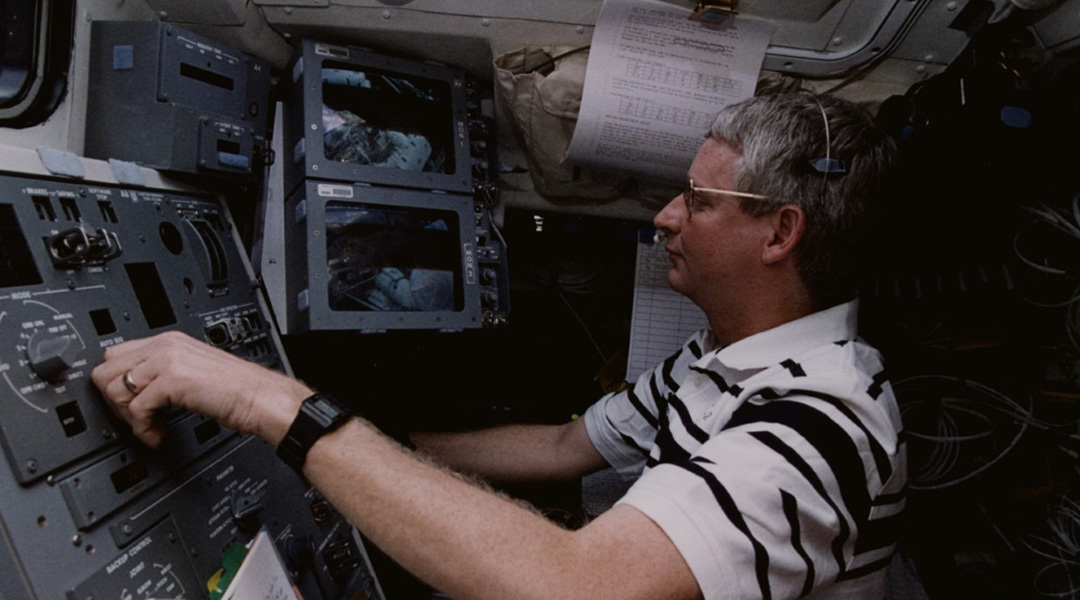
Astrophysicist and retired NASA astronaut Steven Hawley takes us through his fascinating career.
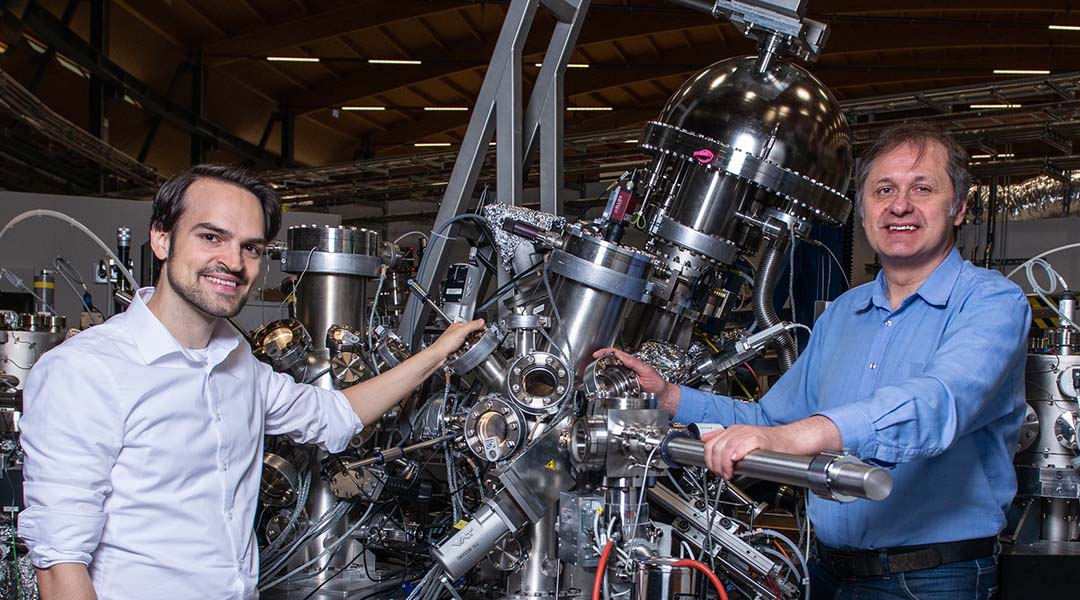
A new endeavor explores the idea of topological qubits that are easy to engineer for error-free quantum computing.